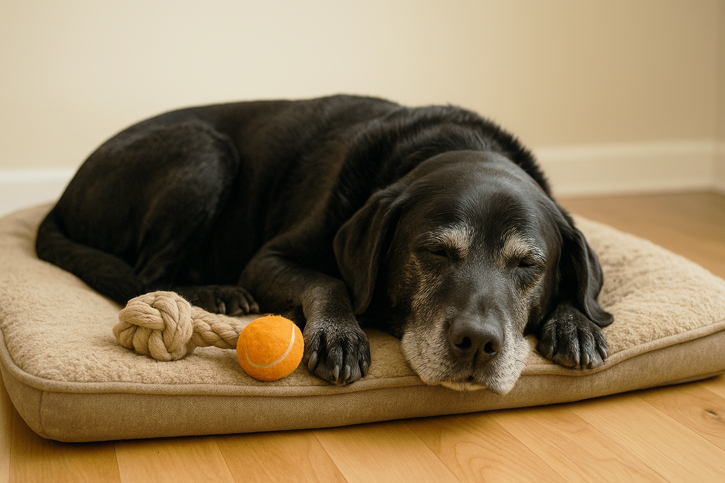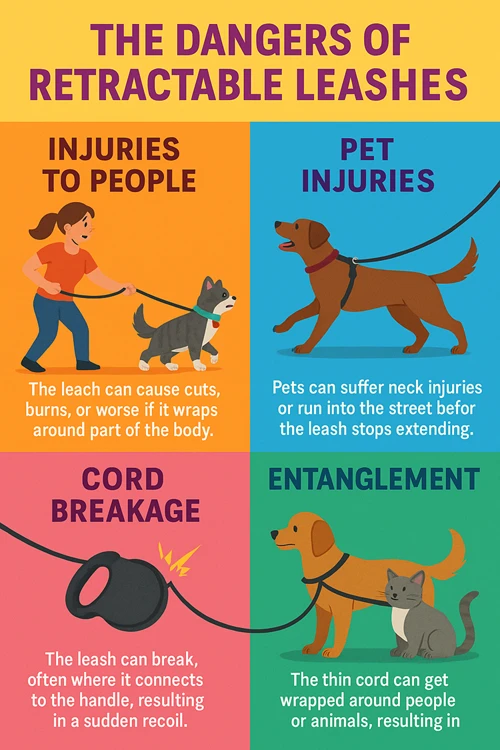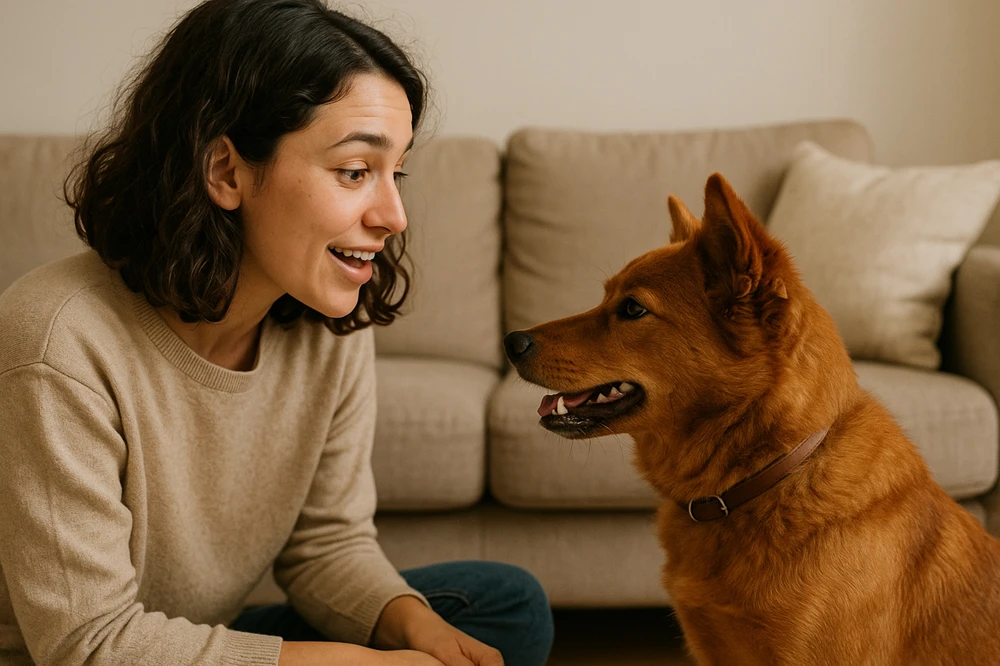Caring for Older Pets

Understanding the Needs of Aging Pets
Caring for older pets is a unique journey that every pet owner will eventually embark on. As pets age, their needs change significantly. Understanding these changes is crucial for providing the best care. The first step in caring for an aging pet is recognizing that older pets require patience, empathy, and a willingness to adapt.
Senior dogs and cats often experience a range of physical and behavioral changes. These can include decreased energy levels, changes in appetite, and even alterations in the way that they interact with family members. Understanding these shifts is not just about meeting their physical needs but also about ensuring their emotional well-being. This involves monitoring their behavior and adjusting their environment to make their daily life more comfortable.
By recognizing early signs of aging, such as stiffness, difficulty in climbing stairs, or reluctance to play, you can take proactive steps in addressing their needs. This Caring for Older Pets Guide aims to help you navigate through these changes with ease, ensuring your furry friend's golden years are filled with happiness and comfort.
Dietary Adjustments for Senior Pets
As our pets age, their nutritional needs evolve, making dietary adjustments a pivotal part of Senior Pet Care. Older dogs and cats require that we pay special attention to what goes into their bowls. The right diet can enhance their quality of life, maintain their health, and even extend their lifespan.
For senior pets, focusing on a balanced diet that includes essential nutrients is key. Foods rich in antioxidants, Omega-3 fatty acids, and high-quality proteins can help combat the common ailments that come with aging, such as joint issues and declining cognitive function. It is also crucial to monitor their caloric intake, as older pets tend to be less active and can quickly gain weight.
Consider consulting with a veterinarian or pet care specialist to tailor a diet plan that caters specifically to your pet's health status and breed. This ensures your beloved companion receives the optimum nutrition needed to thrive in their senior years. Making the necessary dietary changes to support your aging pet is an important part being a good pet parent.
Exercise and Mobility: Keeping Your Senior Pet Active
Maintaining mobility and keeping your senior pet active is a fundamental aspect senior pet care. While your older pet might not have the same energy levels as they did in their younger years, regular, gentle exercise is essential for their overall well-being.
For dogs, this could mean shorter, more frequent walks to accommodate their reduced stamina. For cats, interactive toys or gentle play sessions can help keep them engaged and physically active. Ensuring that your pet remains active helps to prevent obesity, maintains muscle strength, and supports joint health, which is vital as they age.
It's important to observe your pet's behavior and adjust their activity level accordingly. Overexertion can lead to unnecessary stress or injury, so finding the right balance is key. By incorporating these exercise practices into your routine, you can help your pet maintain their mobility and enjoy a healthier, more fulfilling life as they get older.
Regular Health Check-Ups: A Must for Older Pets
Routine health check-ups are non-negotiable when it comes to senior pet care. As pets age, their risk for health issues increases, making regular veterinary visits a critical component of old dog care and old cat care. These check-ups enable early detection and management of potential health problems, ensuring your pet receives timely and effective treatment.
A typical senior pet health exam will include blood work, dental check-ups, and screenings for common age-related conditions such as arthritis, diabetes, and kidney disease. By establishing a regular check-up schedule, you can monitor your pet’s health closely, catching any troubling signs before they develop into serious issues.
Additionally, maintaining open communication with your veterinarian about any changes in your pet’s behavior or health can lead to better outcomes and a more personalized care plan. Regular health check-ups are not only best practices for senior pet care but also an opportunity to seek advice and make informed decisions about your pet's ongoing care needs.
Creating a Comfortable Environment for Your Aging Pets
Providing a comfortable environment is a cornerstone of caring for older pets. As pets age, their comfort needs evolve. Making adjustments in their living space plays a significant role in enhancing their quality of life. Caring for older pets involves creating a home that caters to their specific requirements.
Start by ensuring their bedding is soft and supportive, helping to alleviate joint pain and promote restful sleep. Consider temperature control to keep them cozy in colder months and cool during the summer. For cats and dogs, elevated feeding stations can ease the strain on their necks and backs.
Moreover, minimize obstacles in their paths, and provide ramps if stairs become challenging. Such thoughtful changes not only enhance their physical comfort but also contribute to their emotional well-being, allowing them to navigate their surroundings with confidence. Remember, a comfortable environment is an integral part of the best practices for senior pet care, providing your older pets with the comfort and ease they deserve in their golden years.

The Hidden Dangers of Retractable Leashes

Helping Pets Grieve the Loss of a Loved One

Talking to Your Pet Healthy and Smart!